The defense ministry has launched a thorough investigation into the conduct of former Chief of General Staff Romulusz Ruszin-Szendi at NATO meetings, Index has learned. The ministry requested audio recordings from NATO Chiefs of Staff meetings and compared them with the reports prepared by the lieutenant general and the official mandate he had received.
The ministry presented the findings to the national security committee as serious discrepancies were found between Hungary's official position and the chief of staff’s actual statements at NATO.
The investigation established that after the outbreak of the Russia–Ukraine war, Ruszin-Szendi participated in four NATO Chiefs of Staff meetings, where he consistently deviated from his assigned mandate. While promoting biased pro-Ukraine elements, he "failed to convey the Hungarian government's anti-war narrative" despite being instructed to do so.
He Failed to Represent the Hungarian Position
The investigation found that the lieutenant general never once represented Hungary's position on preventing further escalation of the war. He did not make mention that Hungary does not support the transit of lethal weapons to Ukraine through its territory, nor did he call for an immediate ceasefire or a negotiated resolution to the conflict.
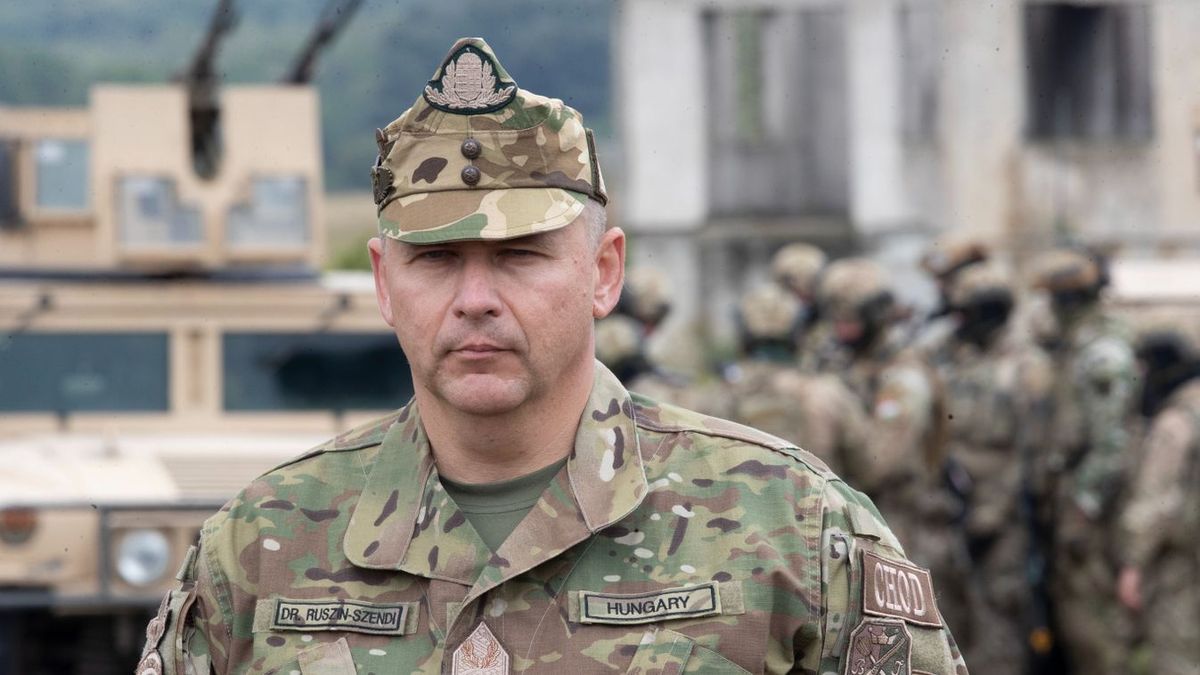
The defense ministry's investigation also made a particularly serious finding: Ruszin-Szendi included statements in his reports that he had not actually made at the meetings. This misled his superiors and the government, giving the false impression that he was following Hungary’s official mandate at NATO sessions.
The investigation further revealed that he failed to make any mention of Hungary's concerns over the EU Military Assistance Mission in support of Ukraine (EUMAM) at the EU Chiefs of Staff meeting, despite having received clear orders to address it.
"Slava Ukraini!" salute in NATO Speeches
The former chief of staff caused particular outrage by
ending his speeches at NATO with the salute "Slava Ukraini!" (Glory to Ukraine).
This salute is a key phrase in Ukrainian patriotic rhetoric, widely used since the 2014 Maidan events and internationally known slogan following the 2022 Russian invasion. Its use was especially controversial because the Hungarian government’s official position on the armed conflict is one of neutrality, with an emphasis on urging peace talks and avoiding further escalation. For a top Hungarian military leader to use the greeting "Glory to Ukraine" clearly contradicts this neutral stance.
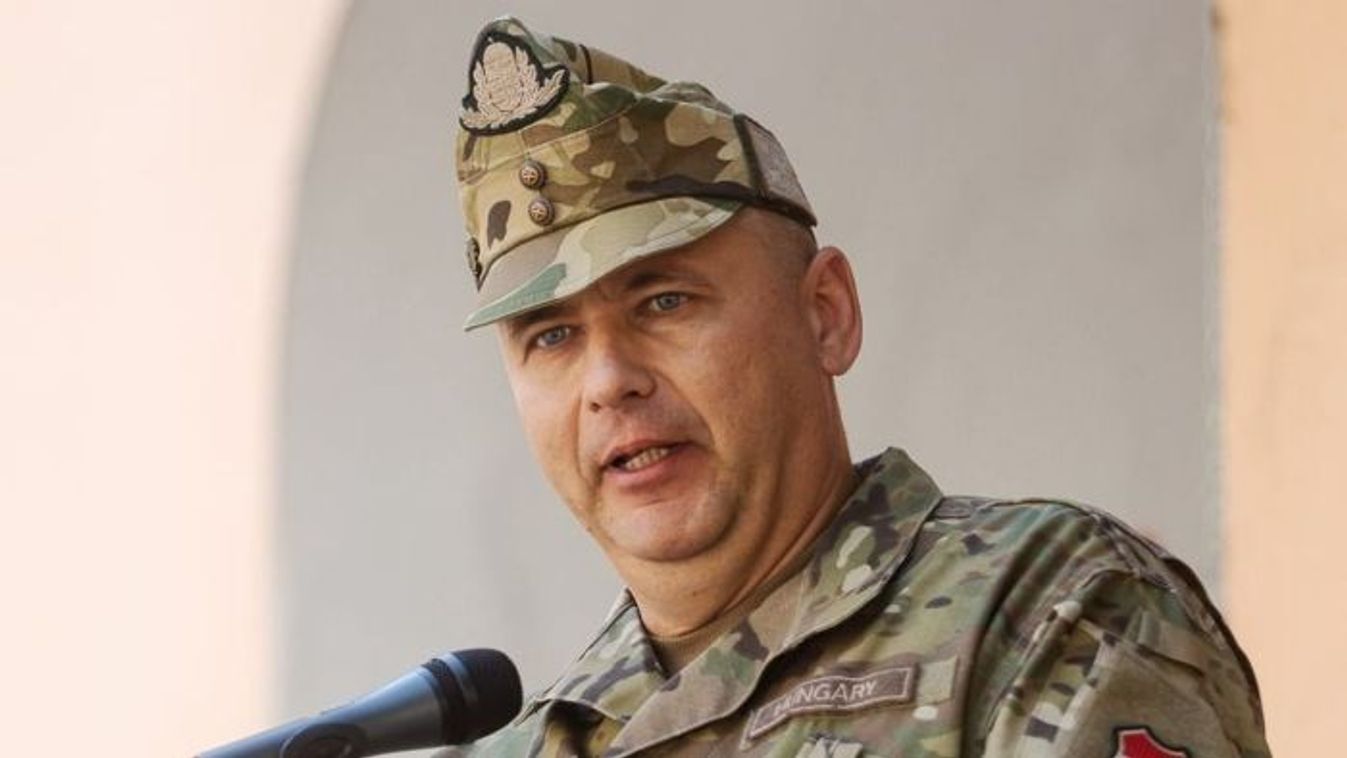
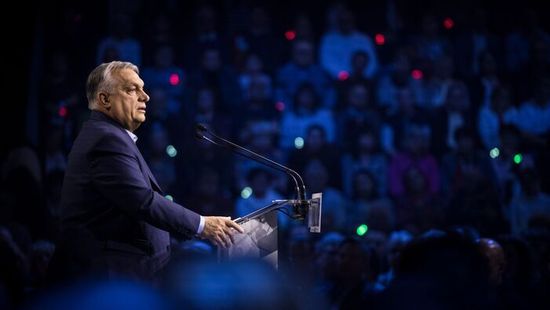
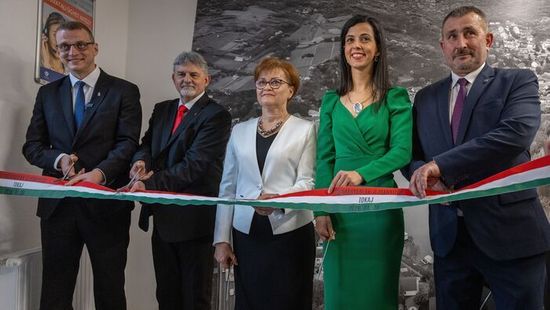
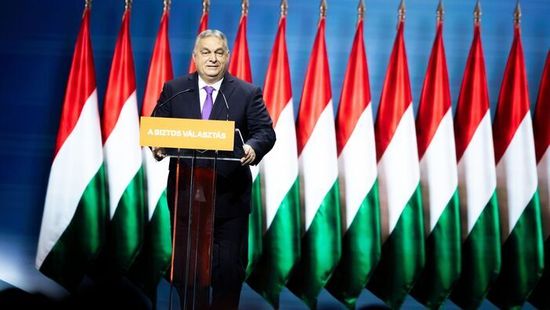
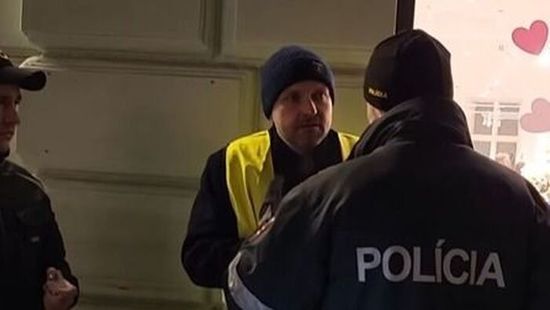


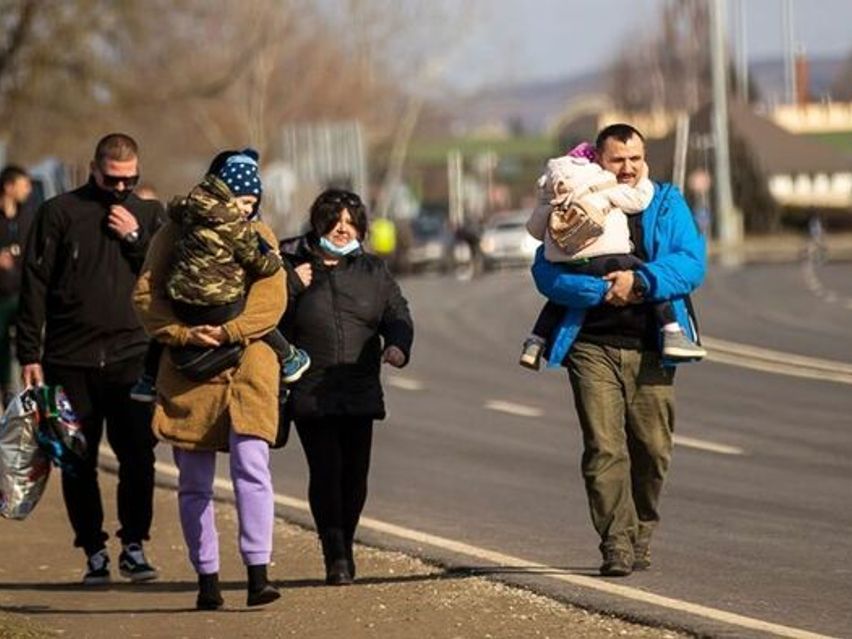
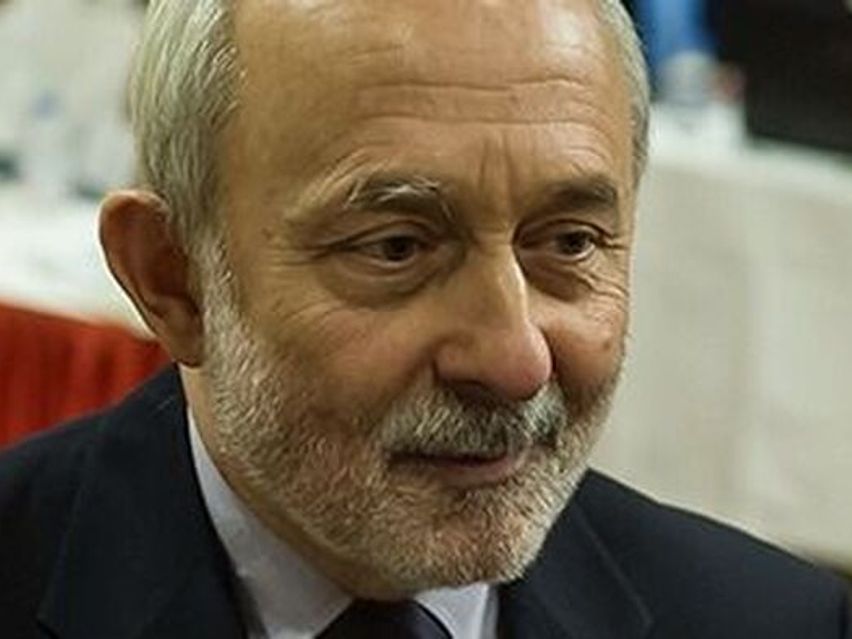
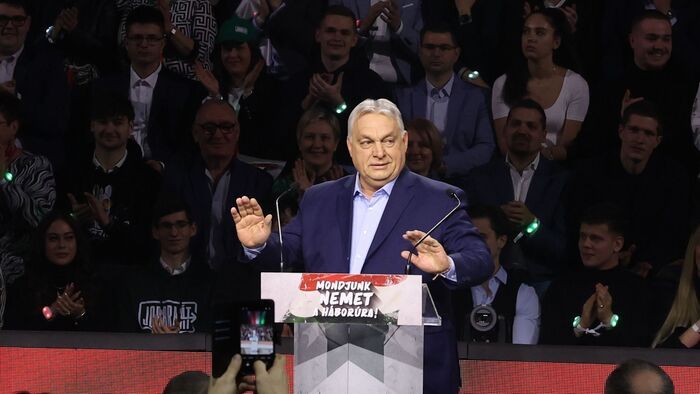


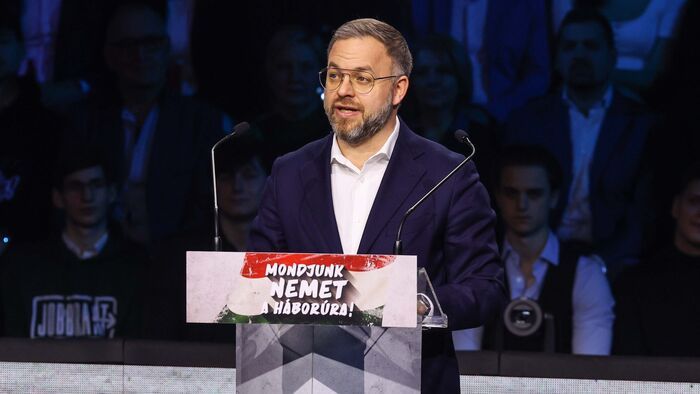

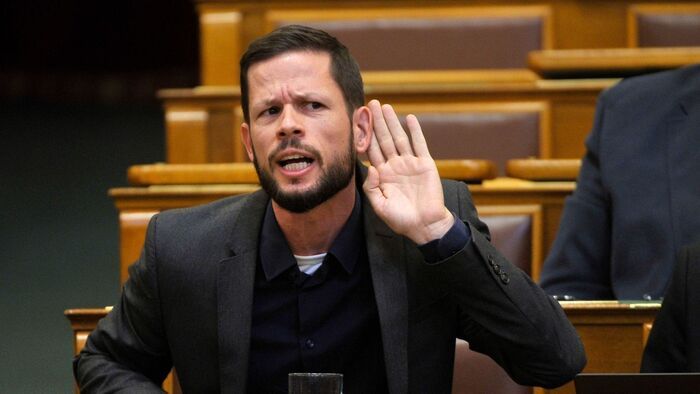
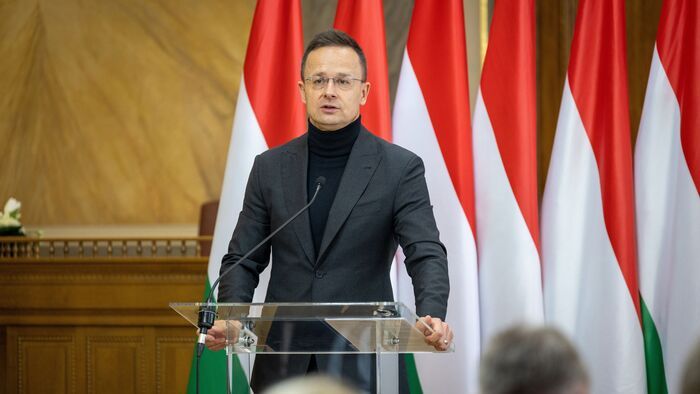
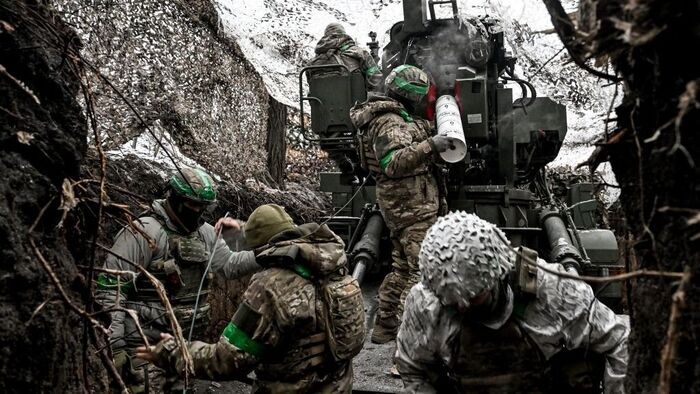
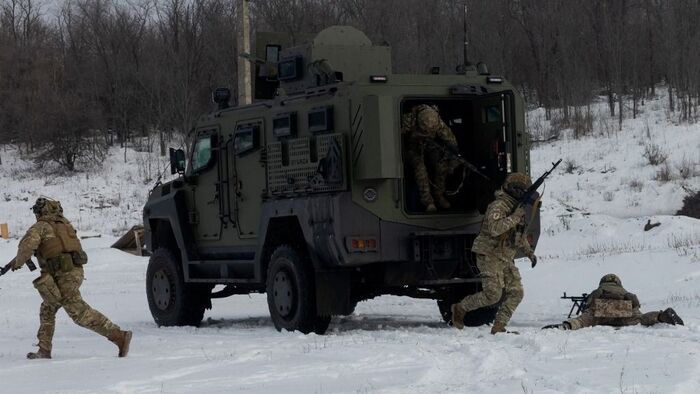




Szóljon hozzá!
Jelenleg csak a hozzászólások egy kis részét látja. Hozzászóláshoz és a további kommentek megtekintéséhez lépjen be, vagy regisztráljon!